1. Increased Lifting Power and Speed
One of the primary advantages of a hydraulic anchor winch is its ability to deliver high lifting power with minimal effort. Hydraulic systems are able to generate significant torque, allowing the winch to pull up heavy anchors quickly and efficiently, even in challenging conditions. This is especially important when dealing with large anchors or in situations where the boat is facing strong tides, currents, or wind.
Hydraulic power ensures that the winch can lift or lower the anchor without excessive strain on the boat's engine or battery system. The fast response time of a hydraulic winch contributes to quicker anchoring and mooring operations, which is critical for time-sensitive activities such as fishing, cargo transfer, or emergency anchoring.
In contrast to manual winches, which require significant physical effort and time, an auto boat hydraulic anchor winch allows for smooth and automated anchor handling. Operators can engage the winch at the touch of a button, reducing human fatigue and minimizing the risk of operational delays.
2. Automatic Operation for Hands-Free Control
The Auto Boat Hydraulic Anchor Winch is one of its standout features. Unlike manual or even some electric winches that require constant attention, the auto boat hydraulic anchor winch can be set to operate with minimal human intervention. With automatic deployment and retrieval of the anchor, the winch system can handle the anchoring process based on preset parameters, such as anchor depth or desired tension on the anchor line.
This automation is especially beneficial in situations where crew members may be occupied with other tasks or when working alone. The ability to automatically release and retrieve the anchor without needing continuous input from the operator allows for a safer and more efficient process. It also means that the boat can anchor or moor more quickly, without the risk of the anchor line becoming tangled or the anchor not being fully set.
The automated control can prevent damage to the winch system or the anchor line by automatically adjusting the speed and power of the winch as needed, ensuring smoother operations without overloading the equipment.
3. Precise Control Over Anchor Deployment and Retrieval
Precision is essential in anchoring and mooring operations, and hydraulic systems provide the fine control necessary for these tasks. Hydraulic winches allow operators to adjust the deployment and retrieval speed of the anchor to suit the specific conditions of the water and weather. Whether anchoring in shallow or deep water, the winch’s smooth operation ensures that the anchor is deployed at the correct depth and with the right amount of tension.
This level of control is particularly useful when anchoring in environments with obstacles or when trying to avoid damaging the boat or anchor system. For example, in shallow waters or near coral reefs, the ability to control the speed and pressure of the winch prevents the anchor from dragging or becoming stuck. The system's sensitivity allows operators to slowly and carefully set the anchor in place, ensuring a secure hold without risking damage to the boat or marine ecosystem.
Similarly, when retrieving the anchor, the hydraulic winch can operate at a controlled speed to avoid sudden jerks or shocks that could damage the anchor line or cause the boat to shift positions unexpectedly. This is especially important in mooring operations, where the boat needs to be securely and steadily tied to a dock or buoy.
4. Reliability in Challenging Marine Environments
Hydraulic anchor winches are well-suited for harsh marine environments, where saltwater, high humidity, and extreme weather conditions can cause wear and tear on equipment. Unlike electric winches, which can be susceptible to corrosion or damage from water exposure, hydraulic systems are more robust and can operate effectively even in challenging conditions.
The sealed hydraulic system in the winch keeps components protected from seawater, reducing the risk of corrosion and extending the lifespan of the winch. This is crucial for boats that are frequently used in coastal waters or exposed to saltwater environments, where regular maintenance and corrosion protection are essential.
Hydraulic winches are highly reliable under continuous or heavy-duty use, making them ideal for vessels that need to anchor or moor frequently, such as commercial fishing boats, cargo ships, or military vessels. The system’s durability ensures that the winch will perform consistently, even when subjected to the stresses of constant anchoring in rough seas or adverse weather conditions.
5. Space and Weight Efficiency
Hydraulic winches tend to be more space-efficient than other types of winches, which is a key consideration for boats that need to maximize available space. Since hydraulic systems can provide a great deal of power without requiring a bulky motor or large electrical components, they are an excellent choice for boats with limited space for equipment.
The compact nature of the hydraulic winch makes it easier to integrate into the boat’s structure without taking up valuable deck or storage space. Additionally, hydraulic winches are relatively lightweight compared to some heavy-duty electric systems, which can add unnecessary weight to the vessel. For smaller boats or vessels with weight restrictions, a hydraulic anchor winch allows for a more balanced, efficient setup without compromising lifting capacity or operational efficiency.
6. Reduced Maintenance and Increased Durability
Unlike manual winches that rely on mechanical parts subject to wear and tear, or electric winches that depend on electrical components and batteries that can degrade over time, hydraulic anchor winches require minimal maintenance. With fewer moving parts and a sealed hydraulic system, they are less prone to malfunctions and require less frequent repairs.
Regular maintenance generally consists of checking hydraulic fluid levels, ensuring the hoses and seals are intact, and inspecting the winch for any signs of wear. This low-maintenance requirement means that boat owners can focus on other aspects of their vessel's operation, knowing that the hydraulic anchor winch will continue to perform reliably over time.
Because hydraulic winches are less likely to be affected by electrical issues or wear from mechanical friction, they tend to have a longer operational life. This increases the overall value of the winch, especially for boats used in commercial or frequent operations, where high reliability is a must.

 ENG
ENG
 English
English русский
русский Español
Español
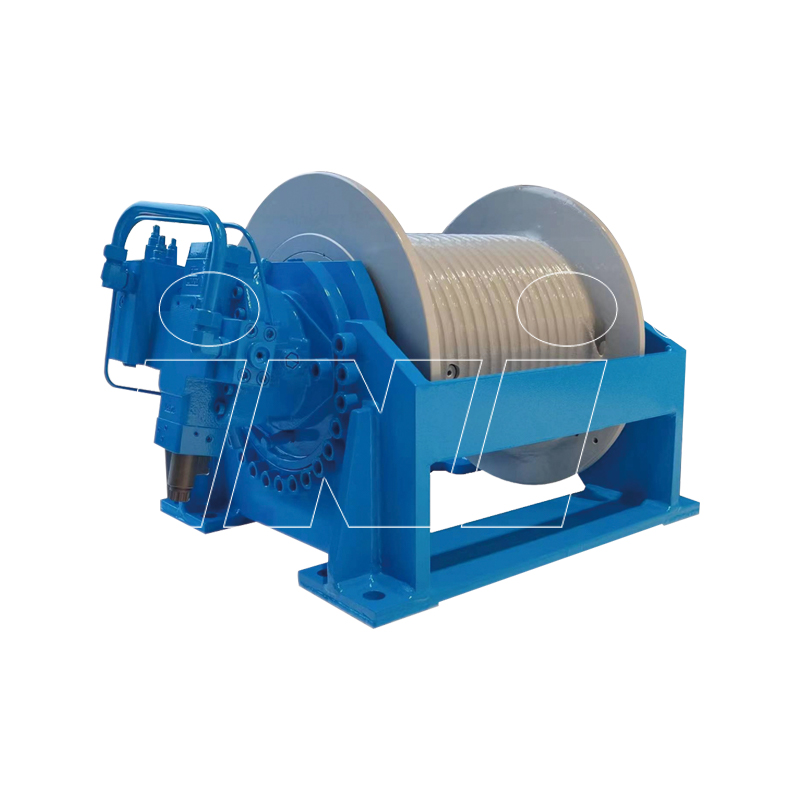
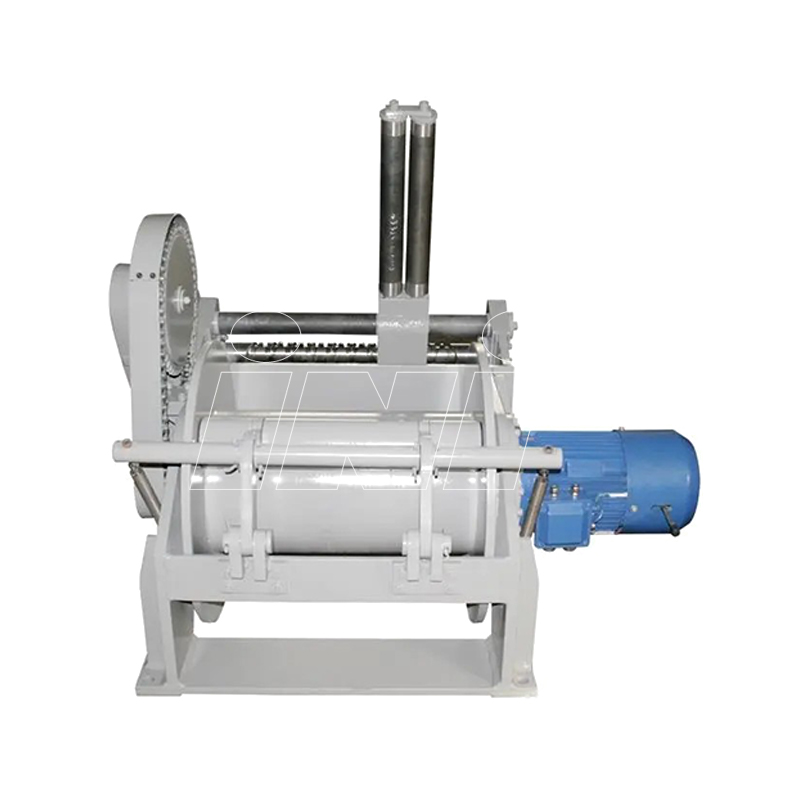
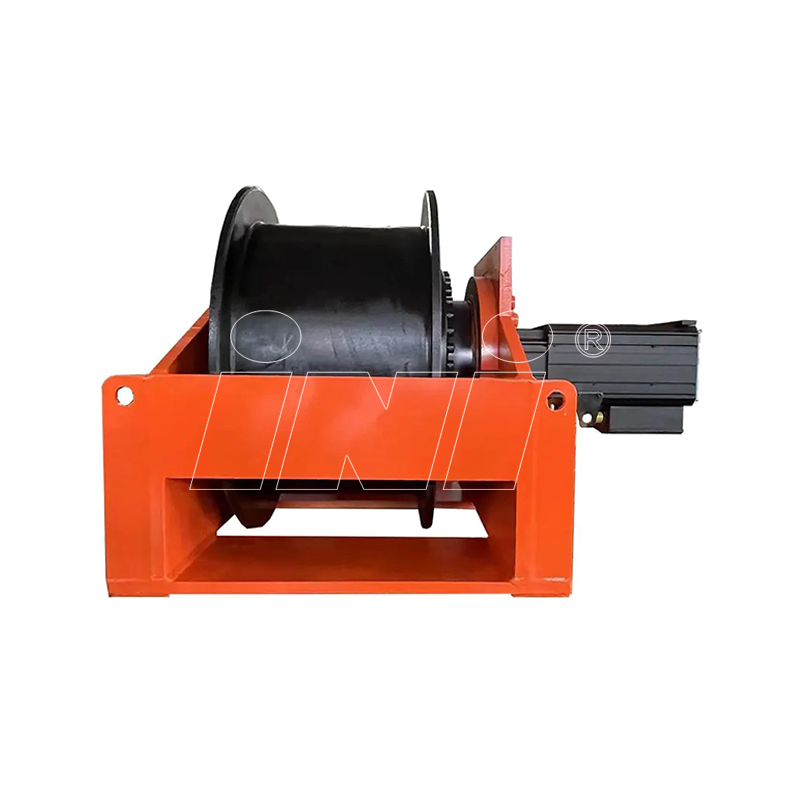

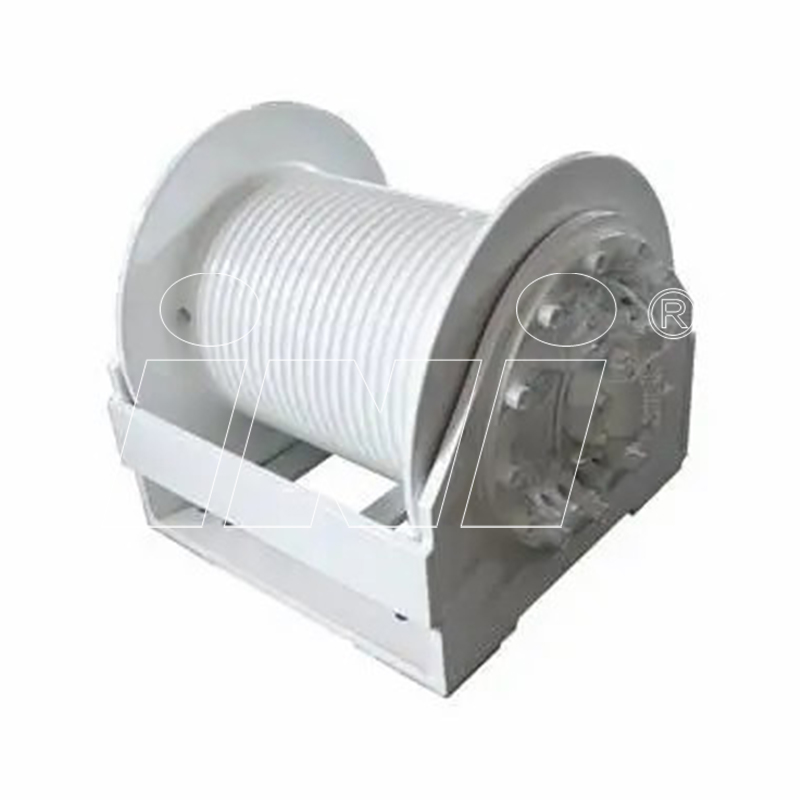
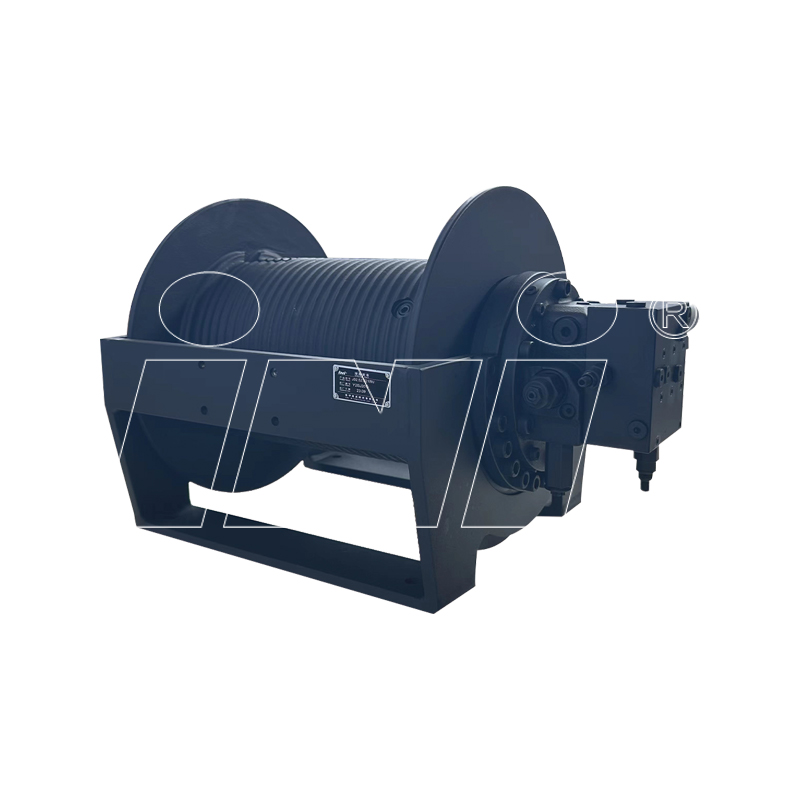
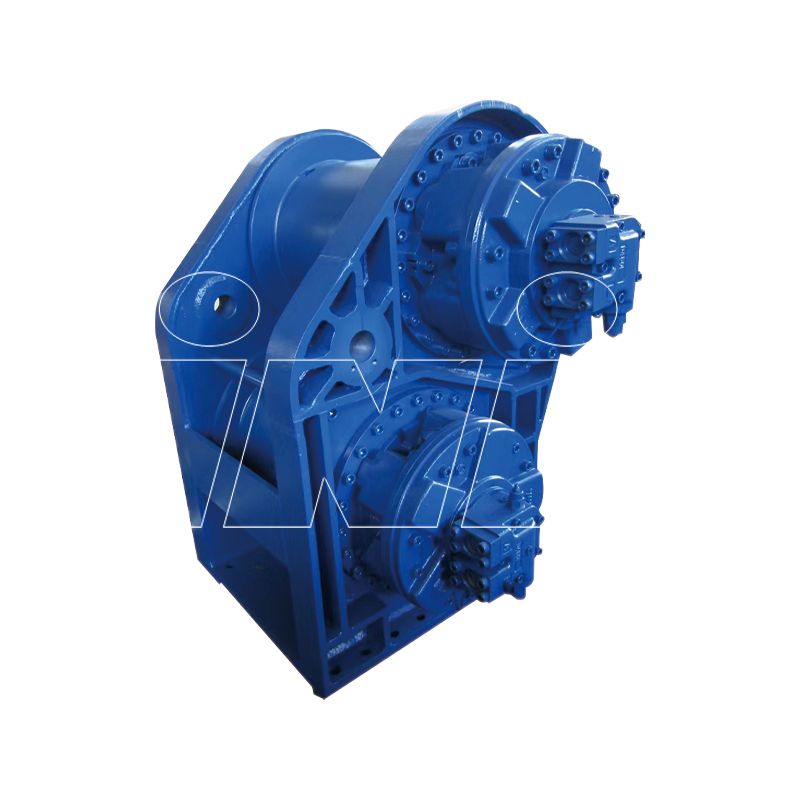

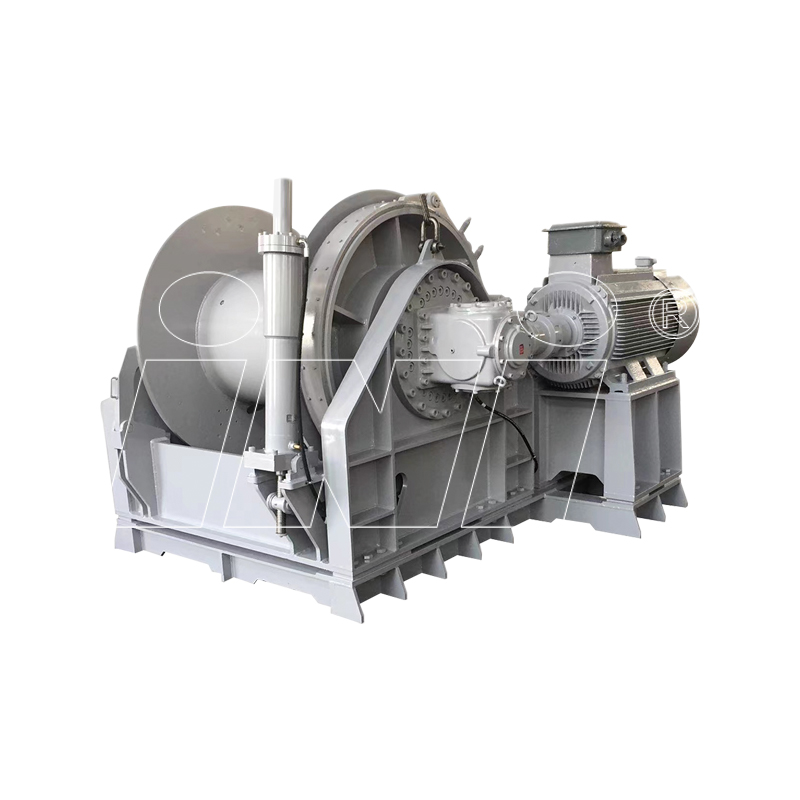

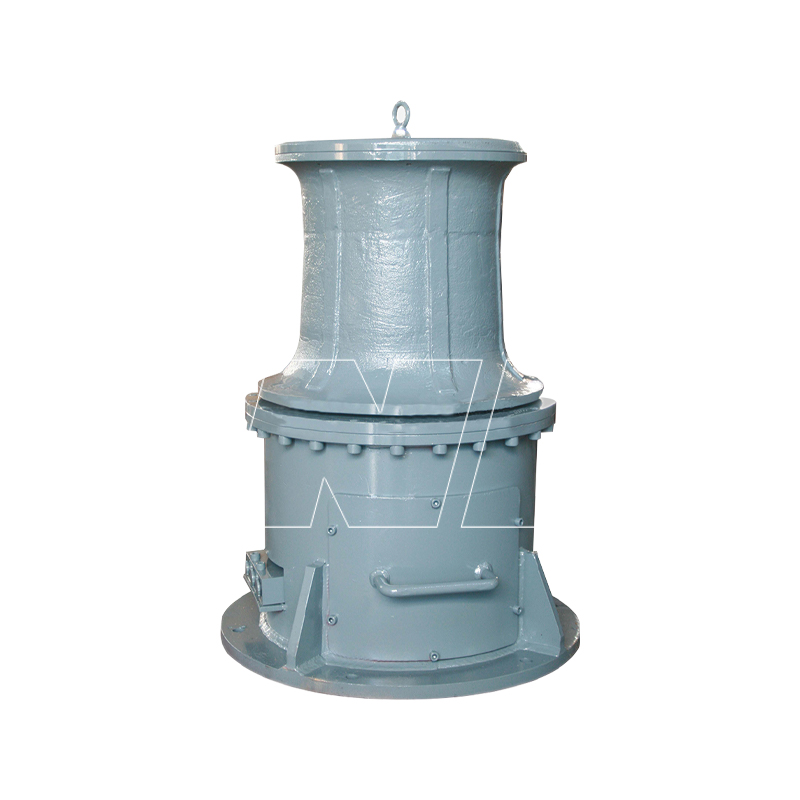



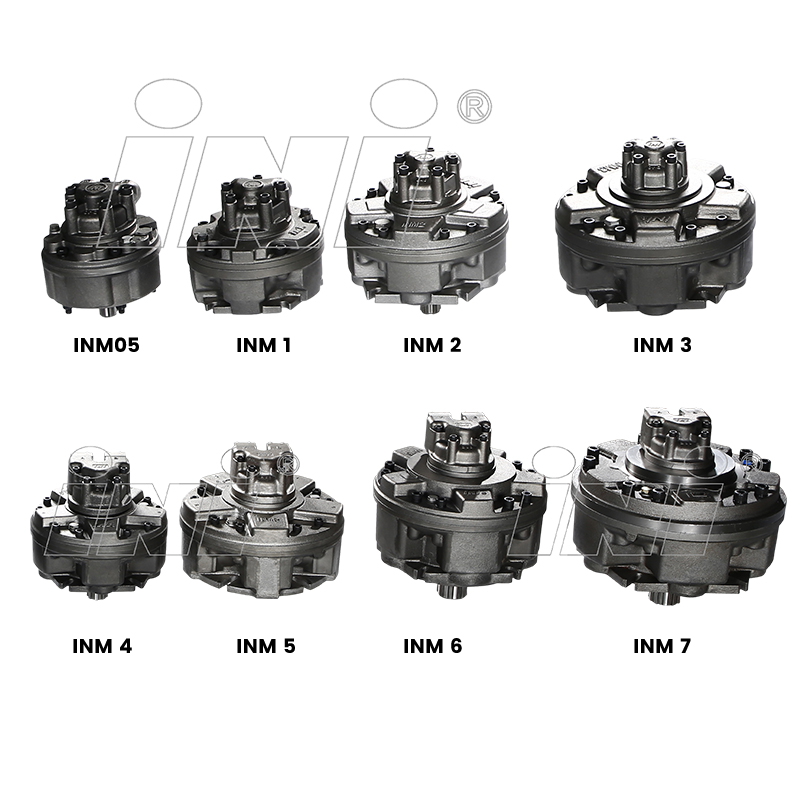

 English
English русский
русский Español
Español
 TOP
TOP